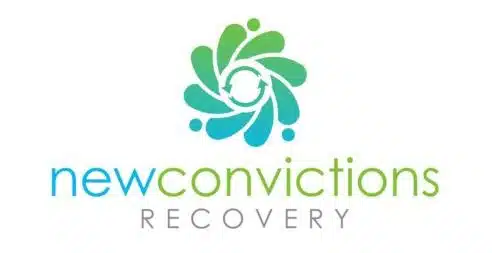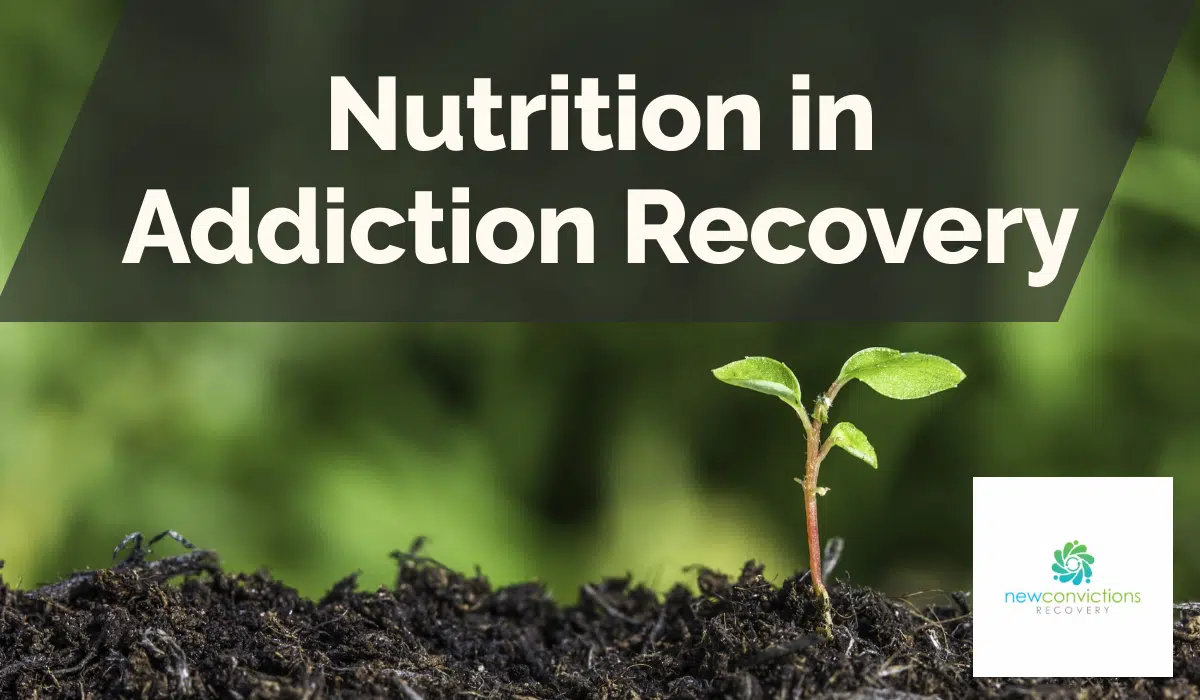Overcoming addiction is an arduous journey that requires holistic approaches to ensure a successful recovery. One of the significant factors influencing effective recovery from addiction situations is nutrition. Nutrition plays an indispensable role in physical and mental healing, enhancing energy levels, and reducing the risks of addiction relapse. As you embark on the path of addiction recovery, understanding the value of nutrition becomes more than just eating a balanced diet but as a stepping stone to your healing process. Let’s delve deeper to understand the role of nutrition in addiction recovery.
Why is Nutrition Essential in Addiction Recovery?
Nutrition is foundational for a healthy body and mind. People battling addictions often neglect their diet, leading the body to be deficient in essential vitamins, minerals, and nutrients necessary for optimal functioning. Substance abuse can further rob the body of these essential nutrients, aggravating the deficiencies further. Thus, nourishing the body with appropriate nutrients becomes crucial in rebuilding one’s health during the recovery journey.
Physical Health Recovery
A balanced intake of carbohydrates, proteins, and fats ensures energy replenishment, bodily repair, and overall well-being. As a result, the recovery stages become more manageable from a physical perspective.
Mental Health Recovery
Heavy substance abuse can impact brain functioning and mood regulation. Nutrients like Omega-3 fatty acids help regenerate neurons and improve mental health.
What Are the Key Elements of Nutrition in Addiction Recovery?
The role of nutrition in addiction recovery centers upon incorporating a balanced and proper diet. Here are a few fundamental elements in the journey towards recovery:
- Hydration: Regular intake of fluids, specifically water, helps in flushing out toxins from the body.
- Proper Meals: Consumption of regular, balanced meals maintains stable blood sugar levels, reducing cravings.
- Quality Foods: Prioritizing whole grains, lean proteins, fruits, and vegetables help replenish vitamins and minerals in the body.
Frequently Asked Questions
How does nutrition aid in addiction recovery?
Nutrition helps to replenish lost nourishment, rebalance the body’s chemical make-up, and strengthen the immune system, creating a solid foundation for addiction recovery.
What are some dietary recommendations during addiction recovery?
Drinking plenty of water, consuming balanced meals, including whole grains, lean proteins, and fruits and vegetables in the diet, are some of the recommended dietary habits.
Conclusion
The importance of nutrition in addiction recovery cannot be overstated. It serves as the foundation to repair, rebuild, and restore the physical and mental health of individuals on their recovery journey. With regular balanced meals and hydration, nutrition can offer a solid base to begin your journey to recovery and lower your risk of relapse. The path to addiction recovery is challenging; however, every step taken towards a healthier lifestyle brings an individual one step closer to his or her goal.

